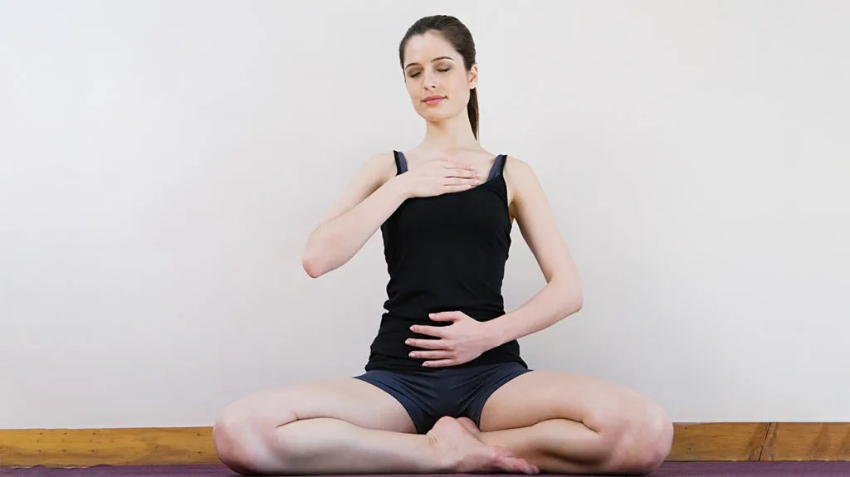
The door of Ch’an is entered by Wu. When we meditate on Wu we ask “What is Wu?” On entering Wu, we experience emptiness; we are not aware of existence, either ours or the world’s.
E-MAIL: admin@relaxmid.com
Stress is part of life in our fast paced world. Short term stress can make you want to do something, and that’s good sometimes. Chronic stress takes a toll on your body and mind. This is one of the simplest, and most effective tools for managing breathing. Basically, this is an easy natural practice with powerful physiological effects to calm the nervous system and settle the body into relaxation. In this article we explore what deep breathing really entails and how it can help alleviate stress and promote well-being.

Before you learn how deep breathing helps, it’s vital to understand what types of physiological effects stress has. Your body activates the sympathetic nervous system, the ‘fight or flight’ response, when you are confronted with stress. This response triggers:
This response is essential for short term survival but chronic activation results in high blood pressure, anxiety, a weakened immunity and digestive problems. Deep breathing works against this response by activating the nervous system; called the ‘rest and digest’ mode.
With deep breathing, certain physiological functions of your body will be changed. Here’s how it impacts stress:
It helps all of us breathe deeper and more quiet than we might tend to, and that means an increase in overall oxygen intake without a spike in carbon dioxide in the blood. This balance supports cellular functioning and eliminates the signs of hyperventilation — dizziness or tingling, sometimes experienced as a result of stress.
Stimulating the Vagus nerve, a crucial part of an organism’s parasympathetic nervous system, is accomplished when you breathe deeply and slowly. It stimulates the heart rate and blood pressure, and thereby induces relaxation.
Deep breathing lowers your body’s cortisol levels. Focused breathing for just a few minutes has been shown to substantially decrease cortisol — the hormone responsible for feelings of tension and anxiety — in studies.
Second, stress impairs brain prefrontal cortex and decision making and focus. When breathing deep, you improve the flow of oxygen to your working brain, increasing concentration and cognitive performance, and creating the effect of not being overcome.
The autonomic nervous system, which controls involuntary bodily functions like heart rate and digestion, has two primary components:
The way to shift the balance from SNS to PNS is to do deep breathing. It kicks in the baroreflex mechanism, a reflex within your body that controls blood pressure and calms down. That is why you often hear deep breathing described as a nervous system reset button.
To harness the benefits of deep breathing, you can practice various techniques. Here are three effective methods:
This is called belly breathing — bringing deeper breaths by engaging diaphragm.
Athletes and military people use this method to relax and it is the equal intervals of breathing.
A well known relaxation and sleep promoting method.

The Journal of Psychiatric Research published a study that showed deep breathing exercises can reduce levels of cortisol and perceived stress in people over control groups.
Breathing techniques increase emotional regulation, help reduce symptoms of anxiety, and increase overall wellbeing, according to a Frontiers in Human Neuroscience study.
As has been shown, deep breathing can stimulate the PNS and help it go from a state of being active and transition into a state of rest, which can be used to help combat insomnia.
It doesn’t take much time or effort to make deep breathing a part of your daily routine. Here are some tips:
Relaxing to breathe is just one simple but powerful way to manage stress and help relax. By knowing the physiological effects, if you do this, you can utilize the benefits of this practice towards your mental and physical health. Day to day stressors or just needing a way to unwind after a long day, deep breathing is a natural and effective way to deal with it. You’ll see a remarkable difference in your well-being when it becomes a habit.
